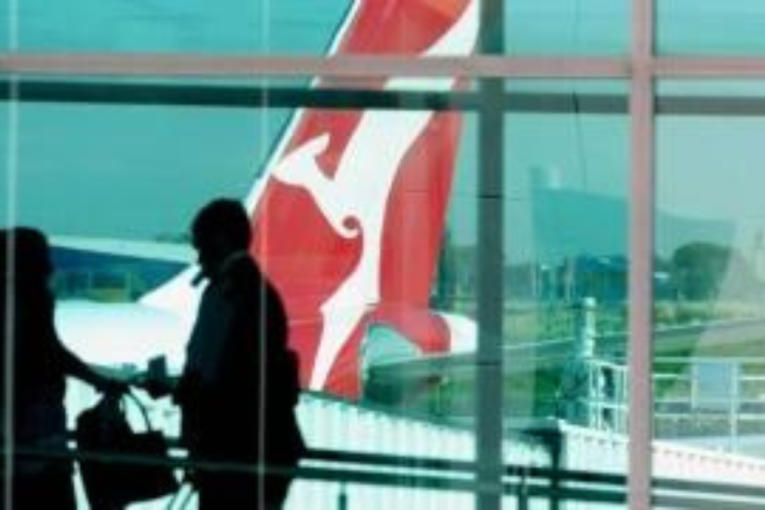Worried? Not us – Australian households ‘comfortable’


A survey shows most Australians are happy with their financial position despite the pandemic. Photo: AAP
Many Australian households are feeling comfortable with their financial position, even if they are less confident about going out and spending money.
A new report finds that the average household is more comfortable with their financial situation than prior to the pandemic, which has sparked lockdowns across most of the country.
The twice-yearly ME household financial comfort index increased 3 per cent to 6.04 points out of 10 in the past six months.
This is 5 per cent higher than this time last year and 8 per cent above its December 2019 level.
ME’s consulting economist Jeff Oughton said, despite the phasing out of most government support measures during the first half of the year, several factors had bolstered households’ sense of wealth and comfort with their finances.
“These include rising investments such as the property market, slightly higher average incomes in a rebounding job market and more conservative spending and savings behaviour,” Mr Oughton said.
“Of course, there are still sections of the population, for example single parents, insecure workers including casual and gig economy workers, the unemployed, and self-employed Australians, who aren’t feeling as financially comfortable.”
The weekly ANZ-Roy Morgan consumer confidence index – a pointer to future household spending – is also released on Tuesday.
The confidence index dropped 3.1 per cent last week to a nine-month low and it will be a surprise if there has been a turnaround in the past week.
Just in the past few days the NSW government has broadened its virus lockdown to the entire state and Victoria has extended its sixth lockdown to September 2.
The ACT has also broadened its restrictions to the same date and Greater Darwin and Katherine has entered a three-day shutdown.
The confidence survey was conducted at the weekend, so it won’t capture all of these latest events.
However, news coming out of NSW alone has been pretty grim in the past week, with daily infections in the hundreds and the death toll rising.
The Reserve Bank of Australia will release the minutes of its August 3 board meeting, although they are unlikely to offer up much new.
Since that gathering, RBA governor Philip Lowe has appeared for his six-monthly grilling before federal politicians and the central bank has released its quarterly statement on monetary policy.
Given recent increased COVID-19 restrictions, the RBA’s latest forecasts contained in the quarterly statement are already looking dated.
Economists have been expecting an economic contraction in the September quarter due to the impact of lockdowns for some weeks, but have already started to downgrade their forecasts further.
-AAP








